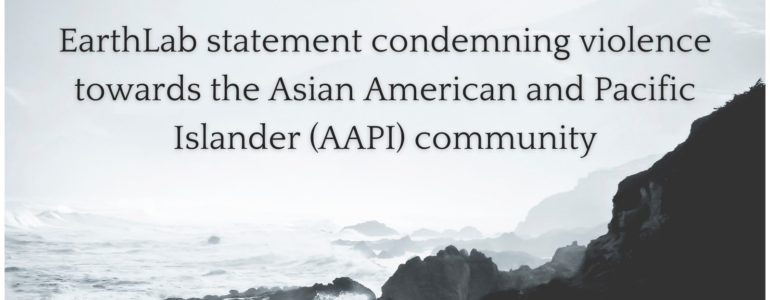Nature and Health Spring Talks: Health Equity & Nature
On Wednesday, April 28, Nature and Health is hosting two presentations about the intersection of health equity and nature in the context of structural racism, #BlackLivesMatter and COVID-19. We invite you to learn more about these important talks and register for them below.
10 AM: The Health of the Country Depends Upon the Health of Negroes: Nature of Pandemics and Protests in the 20th and 21st Centuries
Presented by Jennifer D. Roberts, assistant professor, department of kinesiology, School of Public Health at the University of Maryland College Park. In 1906, W. E. Burghardt DuBois said, “The health of the whole country depends in no little degree upon the health of Negroes,” in an effort to discredit theories of biological racial inferiority and perpetuate an understanding that African American health was “largely due to the condition of living, rather than to marked racial weaknesses.”
12 PM: Racial Hierarchy, Race Narrative and the Institutions that Sustain Them
Presented by Gail C. Christopher, retired senior advisor and vice president at the W.K. Kellogg Foundation (WKKF), where she was the driving force behind the America Healing initiative and the Truth, Racial Healing, and Transformation effort. She will speak on achieving equity through getting rid of the fallacy people have in the belief in the hierarchy of human value and on the modern structures of racial healing as outlined in the TRHT model.
